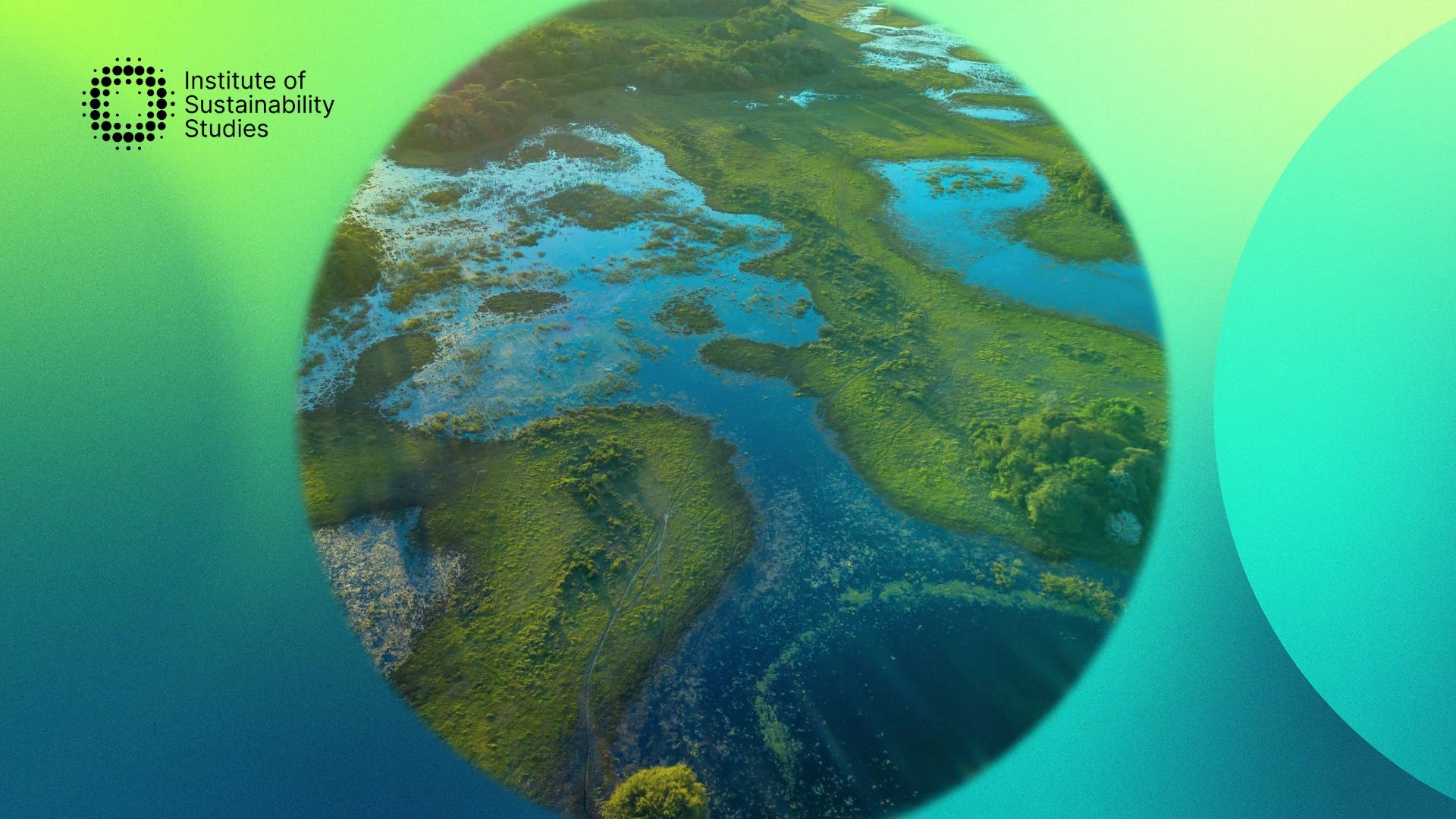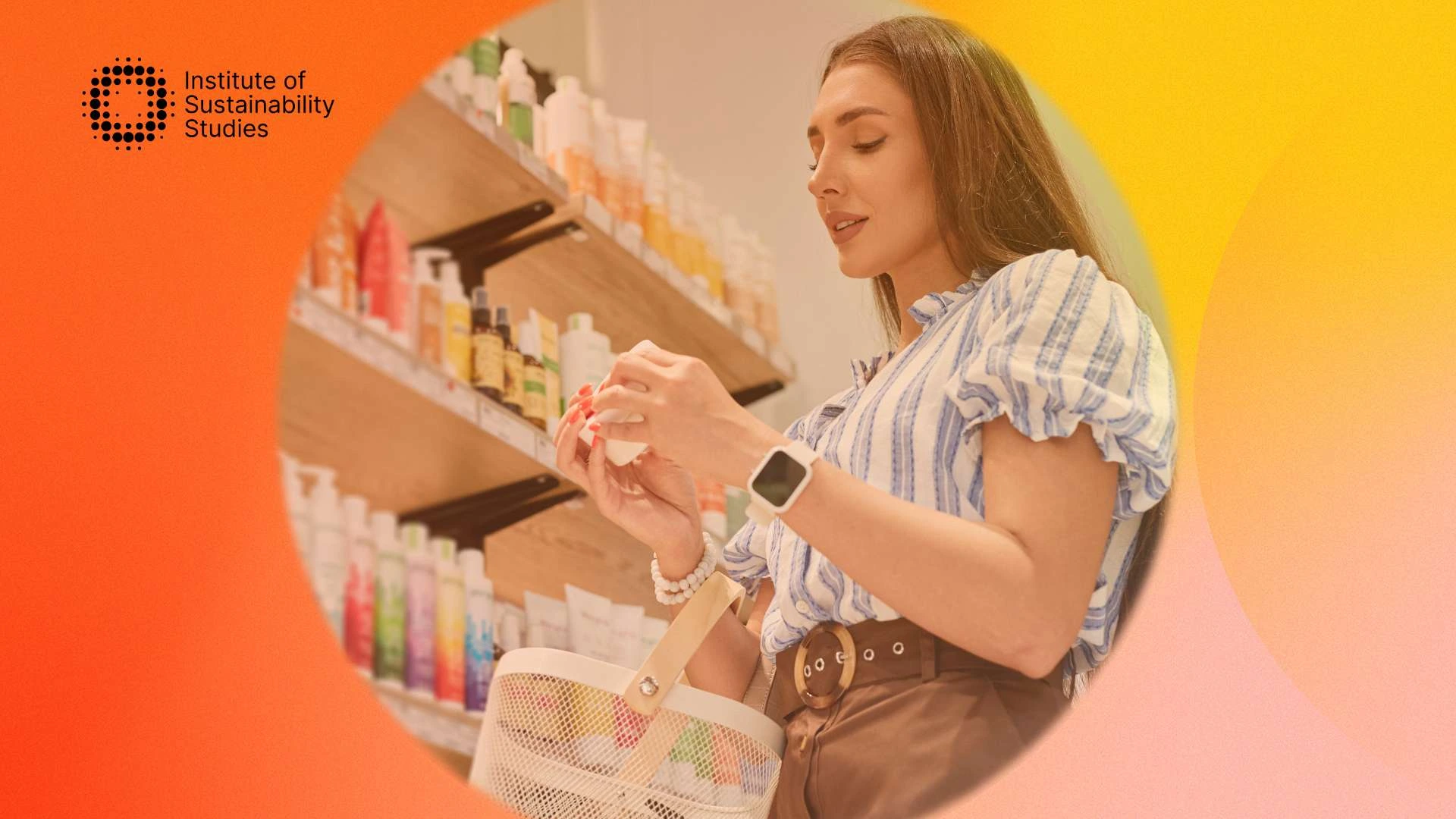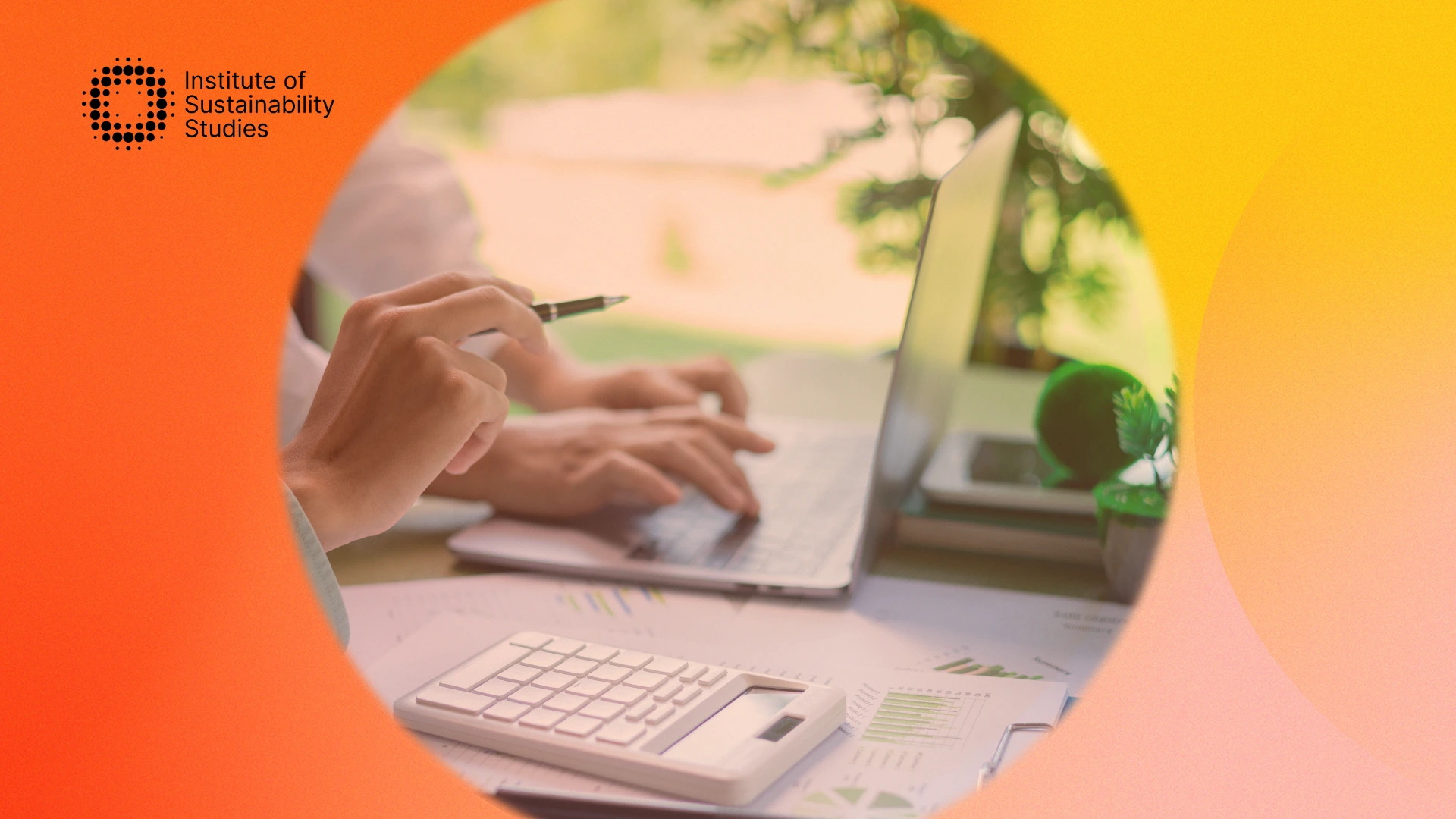The UN has released its latest Intergovernmental Panel on Climate Change (IPCC) report, updating the findings from previous reports and underscoring the urgency for environmental sustainability. This report holds significance because it is the final installment of the Sixth Assessment Report. The top scientists in the world make up the Intergovernmental Panel on Climate Change (IPCC). It took hundreds of scientists eight years to finish this extensive report of human knowledge regarding climate change, which is thousands of pages long.
While the report covered much ground, one message echoed throughout the entire report: act now, or it will be too late. This synthesis report covered the threats we are currently facing from climate change, the latest climate science, what we can do to reduce further temperature rises, and the dangers this poses for the entire planet. The report did shed some optimism in that there have been promising developments in low-carbon technologies.
Countries are making more commitments to limit their emissions and doing more to assist communities with climate adaptation. In addition, more funding is being committed to all of this work. In saying that, the world still faces a big challenge to keep global warming to 1.5 degrees Celsius above pre-industrial levels, a threshold scientists strongly believe is needed to avoid the most drastic effects of climate change. With the latest report, scientists have delivered a final warning that only swift and drastic action can avert the irrevocable damage we are likely to face.
What the IPCC report means for businesses
One of the biggest takeaways from the latest IPCC report is that climate change has already caused irreversible damage. These include adverse impacts and related damages and losses to people and nature. Across regions and sectors, the most vulnerable systems and people are observed to be disproportionately affected.
A rapidly shrinking and limited window of opportunity to ensuring a livable and prosperous planet for all will be missed if global action on mitigation and adaptation is delayed further. The report calls for a greater focus on adaptation. With observed adaptation gaps, the distribution of adaptation progress is uneven.
Most initiatives are prioritising near-term and immediate climate risk reduction. Therefore, all actors must look at adaptation planning for the long term so as not to reduce the opportunity for transformational adaptation. In addition to prioritising adaptation as well as mitigation, the report placed particular focus on system transitions and transformation in energy.
The report insists that these transitions make possible the adaptation needed for high levels of human well-being and health, social and economic resilience, planetary health, and ecosystem health. The window to achieving the 2030 goals is shrinking and with that, we desperately need to build climate resilience. This report also calls for more emphasis on equitable solutions to help us mitigate and adapt to the effects of climate change.
Financing also needs to be scaled up, and we need enhanced technology and global cooperation to ensure a sustainable and liveable future for all. The report urges that we have lots of effective and feasible options available now and we must avail of them. Transitioning to a more environmentally-friendly way of life will establish more resilient and healthier communities, highlighting that sustainability is a collective responsibility.
Acting now with greater urgency will help make sure we do not miss our window of opportunity to create a more sustainable and just world. Our climate is our future, and climate change underpins our health, food security, water supply, nature, and much more. Businesses of all sizes need to take action and focus on the key areas focused on in the latest IPCC report so they can help to limit climate shocks and establish a better, greener world.










